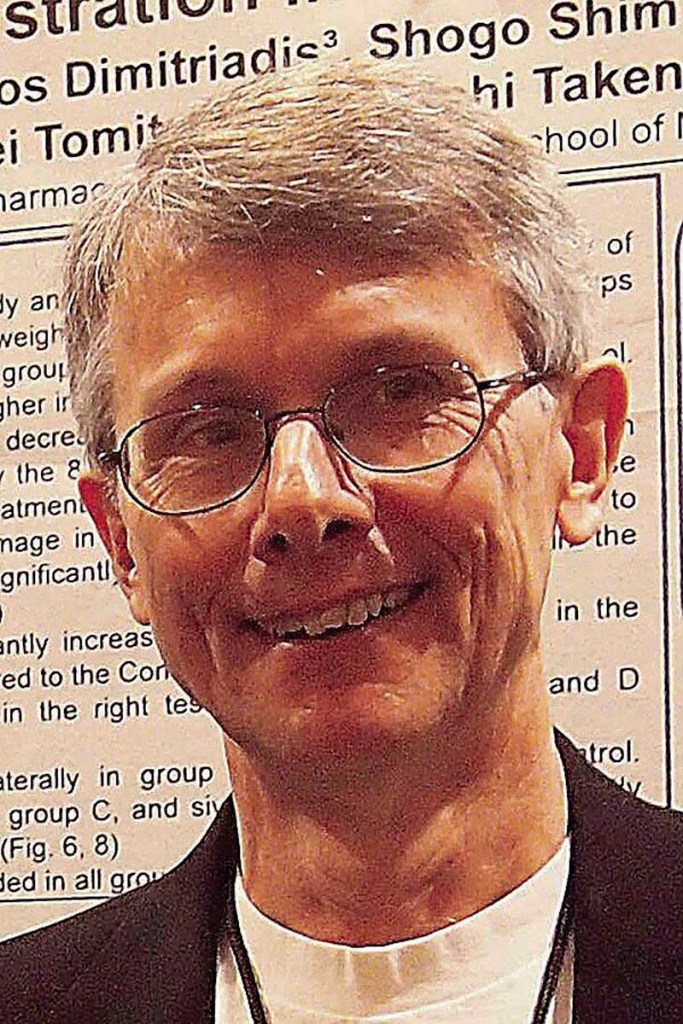TERRY TURNER: Heroes not required
Published 8:04 am Tuesday, July 16, 2024

- Terry Turner, a resident of Colquitt County, is professor emeritus of urology at the University of Virginia as well as author of books based on his experiences as an infantry officer in Vietnam.
The rural community where I grew up in the 1950s and ‘60s consisted of two country stores, two Baptist churches, and a cemetery surrounded by farms, farm folk, and forests. My parents and all the other parents I knew had been through the privations of the Great Depression and World War II, so all of them were skilled at doing much with little. They were intent on passing that model to their children, so the mantra for problem solving was, fix it yourself. A high value was set on improvisation, so whether you were in the barn, field, forest, or home the ruling idea was to do all you can with what you have where you are.
Many years later I was an American soldier sent to the other side of the world to help a troubled ally fight a communist insurgency. Unusual circumstances made me the senior representative of American power and assistance in a remote area the size of some Georgia counties. I and my team of five soldiers were the only Americans for many miles around and our job was to give assistance in military and some civil matters to a population of thousands. The local villagers were largely subsistence farmers and fishermen. They and their families lived in palm thatch houses with no electricity, no running water, no significant health care, and very little attention from their own government. On top of that, they were under constant threat of enemy attack which they had to fend off by constant patrol and counterguerrilla warfare.
Trending
The needs of those people were so great and resources so small it would have been tempting to throw up one’s hands and deflect any responsibility to help in a significant way. The problem was that real people needed protection from the enemy, real people needed medical help, real people needed access to market, and real village leaders needed real responses from a real government. I wasn’t sure if five American soldiers could do anything truly usefully in that situation, but I did know this: in difficult situations the way out is to do what you can with what you have where you are.
So we began in small ways: sand bags for outposts, proper weapons and ammunition for village militias, pencils and notebooks for the school, a water pump for a well, and the like. Small positive actions got positive responses which translated into more aggressive combat operations to push local insurgents out of the area. Progress came largely because five Americans were doing what we could with what we had where we were.
Time has moved on. Now, a half-century later Americans at home find themselves concerned about many issues. Global warming, environmental pollution, cultural frictions, political discord, border dysfunction, and small wars threatening to cause big wars, among others, make a partial list of concerns that leave many among us worried about our country’s future. Some fear the complexity and force of our problems will threaten the fabric of American democracy; yet, the problems seem so intractable they rob us of enthusiasm for doing anything significant about them.
First, history suggests our democracy will hold through the efforts of the considerate, the thoughtful, and the determined; not thorough the perturbations of the reckless, the schemers, and the self-absorbed. So, in our current situation what can any individual do? He or she can serve, study, discuss, vote. Heroes not required. Even small efforts can have their effects; dripping water wears away stone. So, don’t submit to feeling overwhelmed by problems. Take your own measure then do what you can with what you have where you are. Nothing else can be asked.





